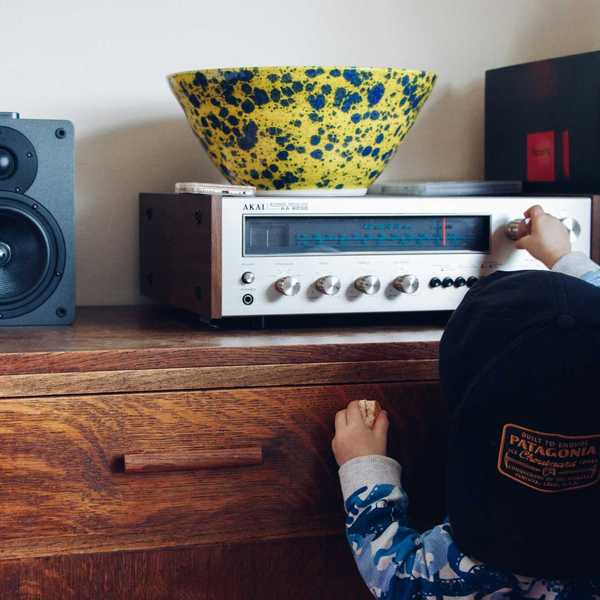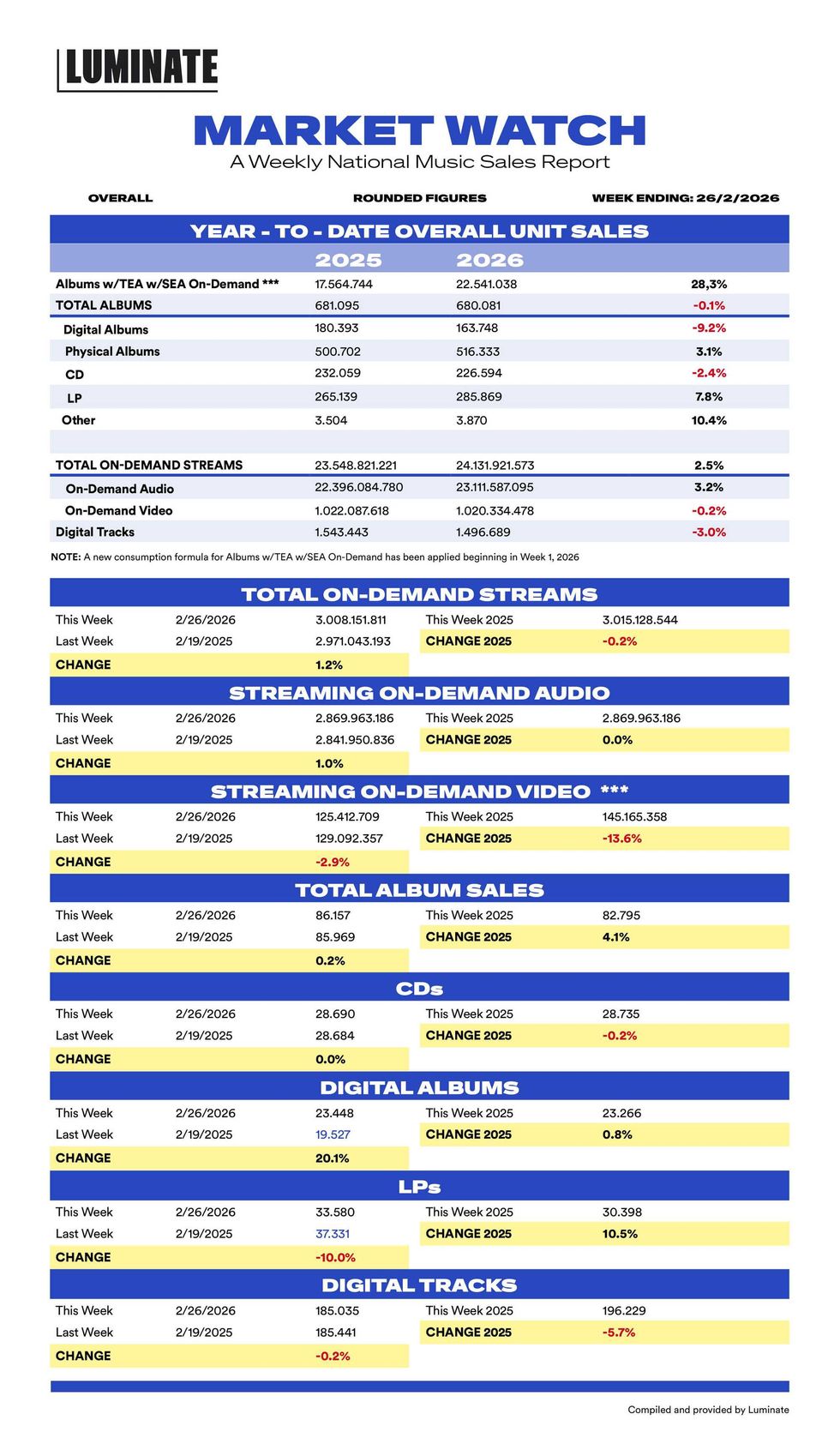The Canadian Live Music Association Asks for 'Urgent Action' to Protect Live Music in Canada
Ahead of the federal budget next month, the CLMA is appealing to the government to increase funding to support artists and live performance.

The live music industry is at risk, and the Canadian Live Music Association (CLMA) is calling on the Canadian government to do something about it.
In a statement this week, the association is calling on the government to increase spending for three specific arts programs that support the live music industry, especially those supporting smaller and medium-sized artists and performing events.
CLMA, which represents the live music industry and hosts the Canadian Live Music Industry Awards, is asking the government to take action at a precarious time. Venues and festivals face existential threats post-lockdown like inflation and reduced funding.
"The future of live music and live performance, and the careers of artists, are at great risk," the CLMA statement reads.
The three programs CLMA would like to see receive more funding are the Canada Music Fund (CMF), which funds granting bodies FACTOR and Musicaction, the Canada Arts Presentation Fund (CAPF), which supports festivals and other live arts presenters, and the Building Communities Through Arts and Heritage program (BCAH), which supports local arts events.
They're not alone. Many music associations are seeking to make their voices heard in the upcoming federal budget, which appears to be a major call to action for the Canadian music industry.
Alongside a host of prominent music organizations, including CIMA, SOCAN, and Music Publishers Canada, CLMA sent a letter to the government on Mar. 5 advocating for a $60 million increase to the Canada Music Fund. The government had previously committed in 2021 to a $50 million increase for 2024-25, which has yet to be implemented. Organizations like CIMA and CLMA have also led a public letter-writing campaign advocating for the increase, amidst reductions in contributions from private broadcasters to the fund.
The live performance industry is still adapting to new post-lockdown realities, and the CLMA is arguing for support that goes beyond emergency top-ups. As part of the #FutureOfLIVE coalition, they're also asking the government to invest an additional $30 million in the CAPF and BCAH programs ($21 million and $9 million, respectively), and make ongoing supplements permanent. #FutureOfLIVE, which consists of 34 associations advocating for the live music industry in a precarious landscape, has been actively campaigning for these recommendations, with endorsements from MPs of all major political parties.
In a document laying out their budget requests, CLMA explains that while large-scale live performance is bouncing back in Canada and around the world, medium and smaller-scale ventures still face serious challenges. High insurance premiums and pandemic impacts linger, and live events are crucial for Canadian artist development. Artists need independent spaces to build their careers and grow their skills, the association argues. "The live music ecosystem, including independent live music venues, is indispensable to both local communities and to the broader music industry."
It's not just about helping Canadian artists breakout across borders, but also about building their careers back home. While the government has invested in helping to export talent internationally, more attention is needed in the domestic market, the submission argues, calling live presentation within Canada the "weak link in the value chain."
In 2022, the GDP of live performance in Canada was $3.3 billion. In the first quarter of 2023, live performance provided 77,000 Canadians with work. The industry is an important part of Canada's labour market and key in the development of Canadian talent, but announcements of festival cancellations and venue closures — with Just for Laughs the most recent and high-profile — are a reminder of the significant challenges the industry still faces.
The federal budget, usually released near the end of March, is expected next month.
- Canadian Live Music Association Releases The First-Ever Economic Impact Assessment of Live Music in Canada | Billboard Canada ›
- L'Association canadienne de la musique sur scène dévoile la première étude sur l'impact économique de la musique live au Canada | Billboard Canada ›
- 'COVID Ripped Up the Playbook': These Canadian Music Festivals Have Called For Support or Closed Since 2023 | Billboard Canada ›
- « La COVID a rebattu les cartes » : plusieurs festivals de musique canadiens ont sollicité de l’aide ou cessé leurs activités depuis 2023 | Billboard Canada ›
- JP Saxe Warns Fans That Upcoming Shows Could Be Cancelled Due to Low Ticket Sales | Billboard Canada ›
- Global Report Finds Canadians Prefer Live Music As Favourite Form of Entertainment | Billboard Canada ›
- Selon un rapport de Live Nation, les Canadiens préfèrent la musique en direct comme forme de divertissement favorite | Billboard Canada ›
- Canadian Live Music Association Calls On Ontario to Modernize Its Live Music Policies | Billboard Canada ›
- L’Association canadienne de la musique en direct presse l’Ontario de moderniser ses politiques en musique live | Billboard Canada ›
- Erin Benjamin to Depart Canadian Live Music Association After More Than 12 Years | Billboard Canada ›
- Erin Benjamin quitte l’Association canadienne de musique en direct après plus de 12 ans | Billboard Canada ›


















